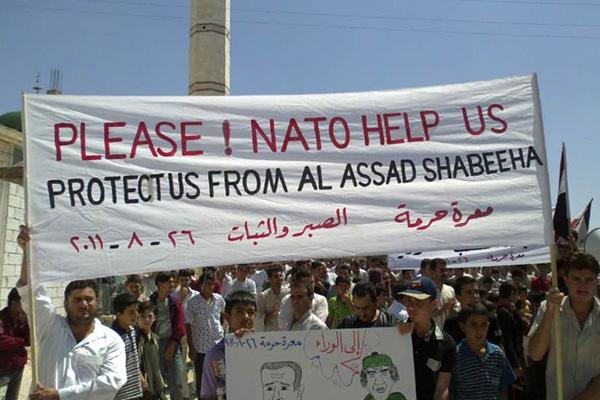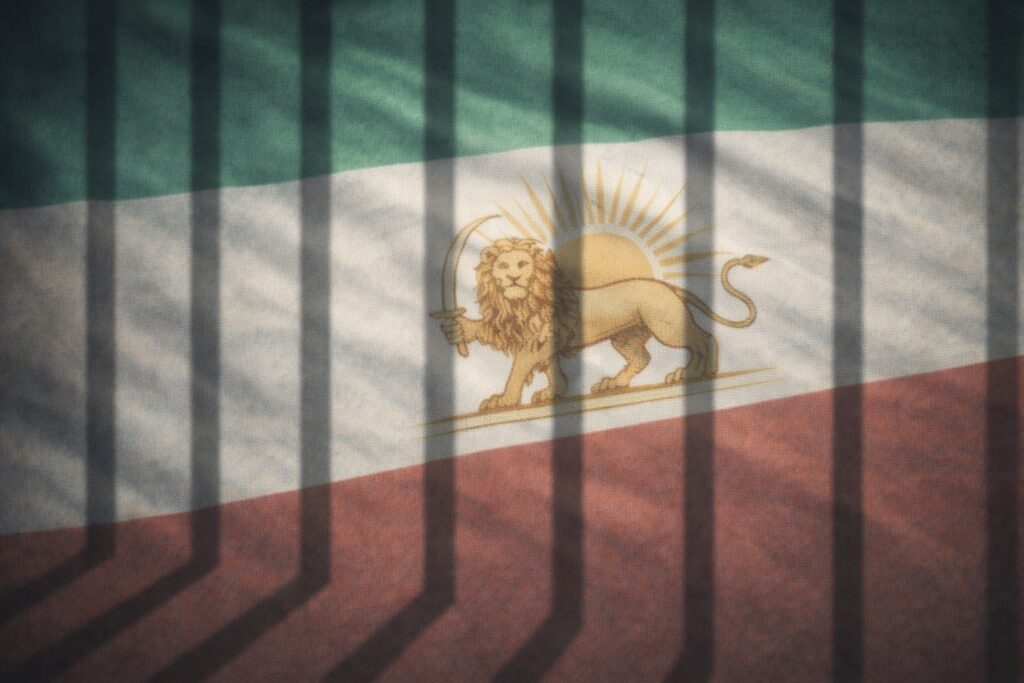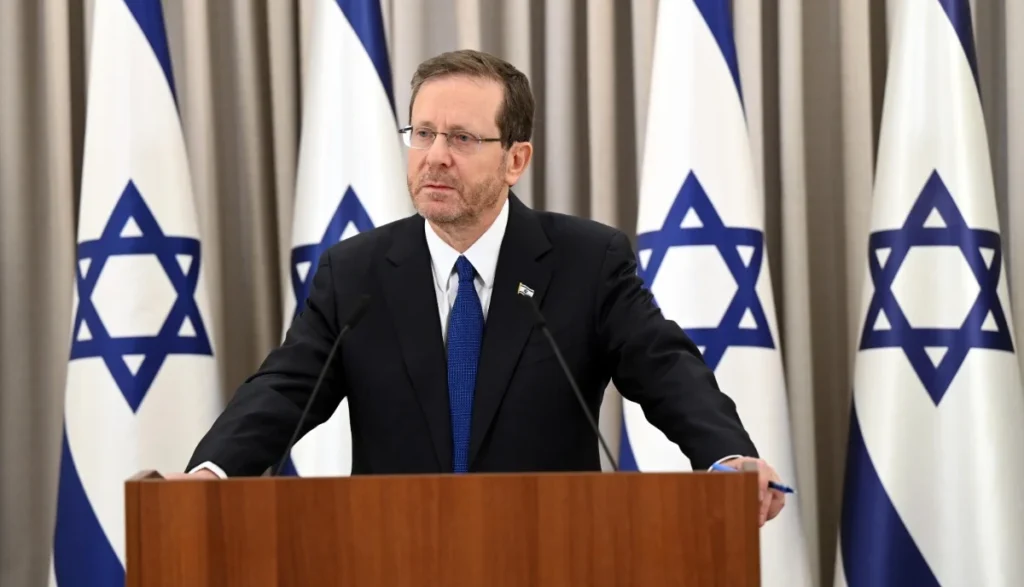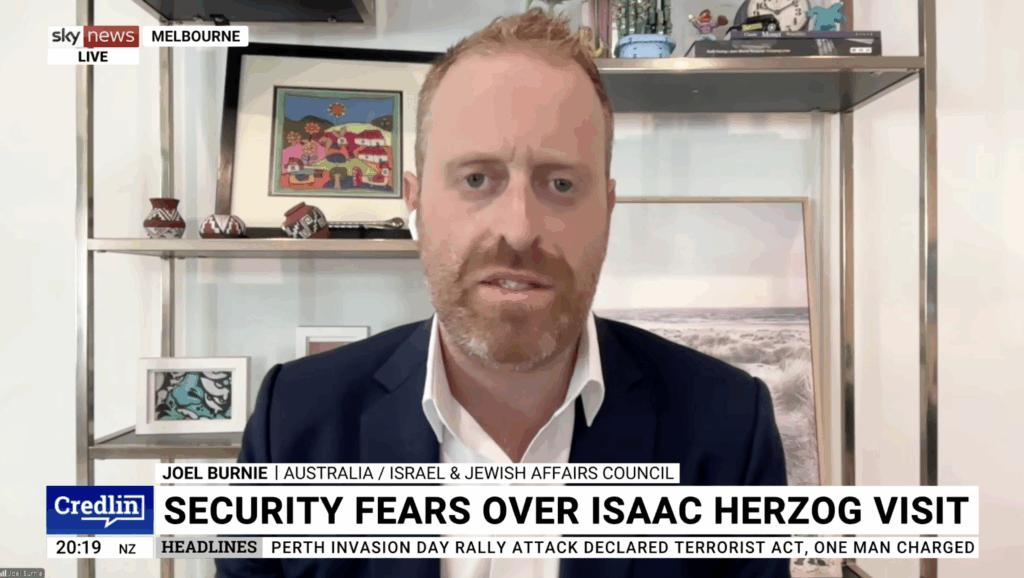UPDATES
Is Iran abandoning Assad?
September 1, 2011 | Tzvi Fleischer

Is Iran starting to pull back from Syria’s Assad regime, its closest ally, as the unrest and bloodshed in Syria continues?
Ostensibly, there are some signs that Teheran is, at least verbally, starting to create a bit of distance from Damascus.
Firstly, Iran’s Foreign Minister publicly suggested Syria should meet the “legitimate demands” of the protestors. Then Iranian President Mahmoud Ahmadinejad said on television that “the [Syrian] people should have the right to elect and get their freedoms” (Of course, that’s utterly hypocritical coming from him, given the events following the election of 2009, but that doesn’t mean it’s not politically significant).
In addition, the Iran regime has reportedly start reaching out to the Syrian opposition, meeting with representatives in a European capital – and with even the leader of Iran’s Lebanese client Hezbollah also getting in on the act.
So what explains this sudden change of behaviour, given that Iran has been backing Assad to the hilt up until now, with widespread reports that Iranian forces are prominently involved in helping the Syria regime with its bloody crackdown on protestors?
Karim Sadjadpour, an Iran expert at the Carnegie Endowment for International Peace, says it is most likely tactical, and for public consumption only:
The violence and brutality in Syria has escalated to such a level that Iran has become forced to acknowledge it publicly. But I am sure that in private the Iranians have offered Assad their unequivocal support and they’ve advised him not to compromise and not to reform… Given how crucial the Syrian-Iranian relationship is to Iran, I am sure that Tehran is offering everything it possibly can to buoy Assad, whether it’s intelligence support, or technological aid to help jam the Internet, whether it is material support in the form of weaponry.
Meanwhile, noted Israeli analyst Barry Rubin sees two plausible possible explanations:
- Iran is worried about being isolated from Sunni Muslims, who are the large majority in the region, since this group is overwhelmingly supporting revolution in Syria. By being seen as too Shia Muslim, Iran’s regime could lose its bid to be the leader of revolutionary Islamism in the Middle East. Already, Hamas, the Palestinian Sunni Islamist group, has come out against the Syrian regime and is moving into the Egyptian (Muslim Brotherhood) orbit. That argument makes sense.
- Iran’s leaders think that the regime of dictator-President Bashar al-Assad is going to fall and don’t want to be on the losing side. That argument makes sense also. Let’s remember that Iran has good intelligence assets in Syria so they would know what they are talking about. Two months ago, Israeli intelligence changed its assessment to predict Assad’s downfall.
There is some evidence for Rubin’s first possibility, with a story from the Wall Street Journal‘s Farnaz Fassihi (which also appeared in The Australian) noting,
Iran’s steadfast support for Syria’s regime has rapidly eroded Tehran’s credibility among Arabs, leaving the country with a foreign-policy dilemma as popular uprisings mount across the region.
Supporting President Bashar al-Assad will further diminish Tehran’s already troubled standing in the region, political analysts say. But abandoning him would crumble Iran’s platform in Syria.
“They’ve lost a lot of soft power and credibility, and the situation in Syria makes it worse,” said Paul Salem, director of the Middle East Carnegie Endowment for International Peace. “There are new revolutions and heroes to look up to in the Middle East, and Iran is passé.”
There is some empirical evidence to support the claim by Salem and others that Iran’s popularity on the Arab Street is now waning. A recent study by the Arab America Institute found that over the past few years:
Iran’s favorability has plummeted from the 70-90 percent range among Arab countries to a current range of 10-40%, with the average favorability rating at just 27.5%. Of the six countries surveyed – Morocco, Egypt, Lebanon, Jordan, Saudi Arabia and the UAE – only Lebanon’s, at 63%, has a majority favorability rating…
In any case, it appears that the Iranian verbal shift on Syria is probably good news. It may mean that Teheran has become convinced, based on presumably good intelligence, that the Assad regime is unlikely to survive, and is therefore hedging its bets. Or it may mean that the Iranian regime has recognised that the Arab Spring is not going at all the way they had hoped – not moving the region into Iran’s sphere of influence, but instead doing the opposite. And thus in an attempt to retain some credibility on the Arab Street, Teheran is verbally distancing itself from its oldest and most strategically important ally.
Of course, if this last is the case, it is not necessarily because liberalism and democracy have won or are winning the day across the Middle East. As Barry Rubin suggested in an earlier piece, it more likely simply reflects a new division in the Middle East between Shi’ite and Sunni Islamists, neither of whom are amenable to either democracy or liberalism, and both of whom are irredeemably hostile to both the West and Israel.
For some evidence of this reality, a good essay on the growing dominance of the Sunni Islamist Muslim Brotherhood in Egypt comes from Eric Trager of the Washington Institute.
Tzvi Fleischer
Tags: Iran





